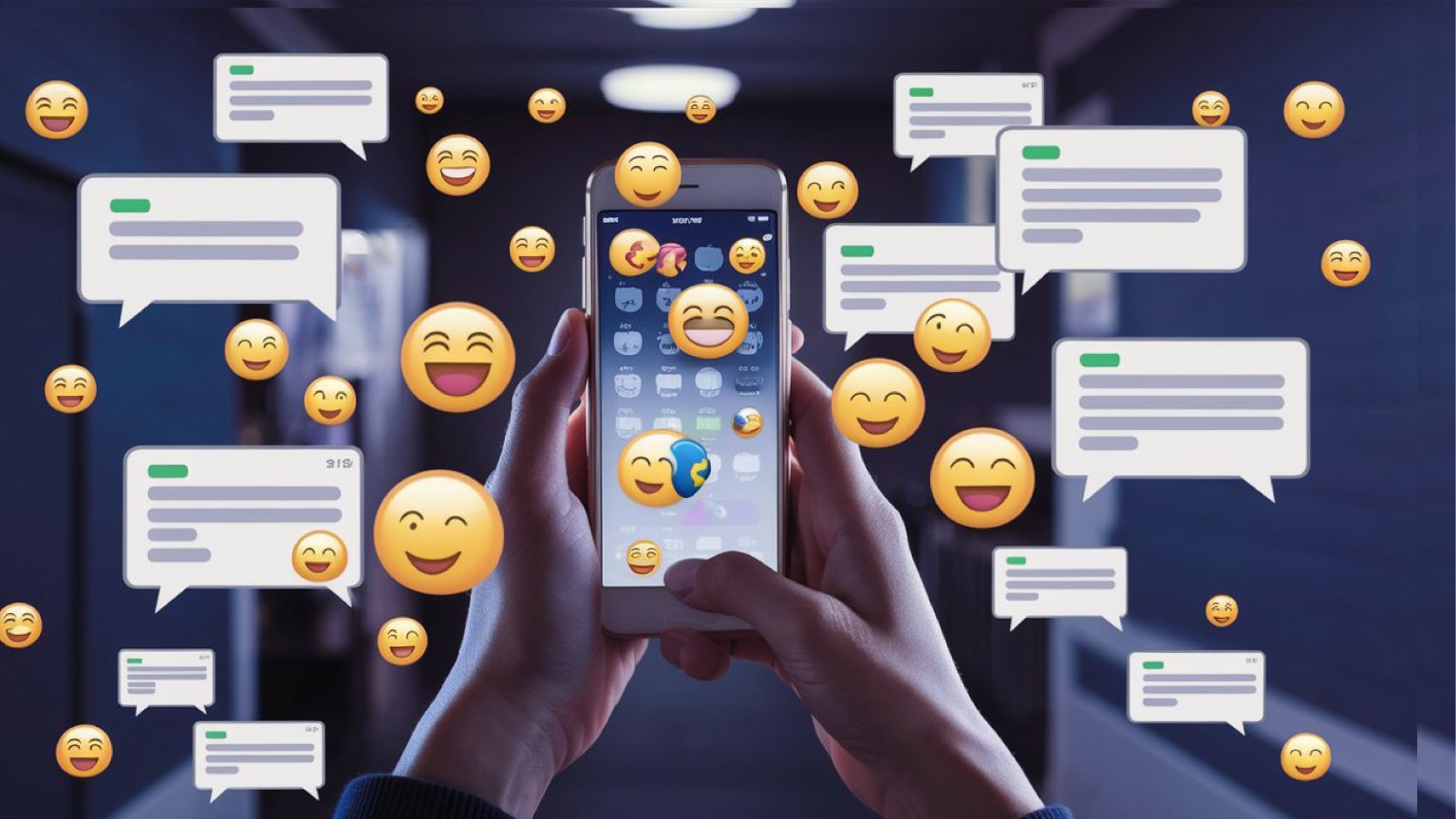Emojis serve as modern digital tools that enhance text-based communication by adding emotional and visual context. Rooted in long-standing interpersonal practices, they help compensate for the lack of nonverbal cues in online interactions.
Research shows that women and younger people use emojis more frequently. According to the Social Information Processing Theory and the Hyperpersonal Model, emojis play a crucial role in fostering deeper online relationships by facilitating expressive, emotionally nuanced communication that can sometimes surpass face-to-face interactions.
However, their impact isn’t always positive. Emojis can introduce ambiguity, especially in contexts like sarcasm or intimate conversations, where meanings may be misinterpreted. Despite their widespread use, their role in building interpersonal connections remains underexplored.
A recent study in PLOS ONE investigates this gap, showing that in interactions with close friends, emojis can increase perceived responsiveness, likability, closeness, and relationship satisfaction, highlighting their potential to strengthen digital relationships when used thoughtfully.
How emotional intelligence impact emoji communication?
The study also examines how different types of emojis, such as face vs. non-face emojis, influence perceptions, as some are more expressive than others.
Researchers found that using emojis makes people seem more responsive, even in digital conversations. Partners who used emojis were seen as more engaged and emotionally connected than those who only used text. This increased sense of responsiveness was linked to feeling closer to the partner and being more satisfied with the relationship.
In the study, 260 participants read 15 short conversations where they imagined receiving replies from friends. Each participant was randomly shown either text-only messages or messages with both text and emojis.
Researchers measured how participants felt about the responses, such as responsiveness, likability, closeness, and relationship satisfaction, using standard rating scales.
The findings showed that messages with emojis were seen as more responsive than plain text. This sense of responsiveness also led to stronger feelings of closeness and greater satisfaction with the relationship.
The study shows that using emojis plays an important role in how people view their communication partners, making them seem more responsive, likable, and emotionally close. Even simple emoji use can spark a positive chain reaction in conversations.
This research offers key insights into how digital communication works:
Emojis help bridge the gap between text messages and face-to-face conversations, making online chats feel more personal and engaging.
All types of emojis, not just expressive ones, boost how responsive and likable a partner seems, which also improves closeness and relationship satisfaction. It highlights that feeling understood and responded to is crucial for strong relationships, whether online or in person.
Journal Reference:
- Huh E (2025) The impact of emojis on perceived responsiveness and relationship satisfaction in text messaging. PLoS One 20(7): e0326189. DOI: 10.1371/journal.pone.0326189
